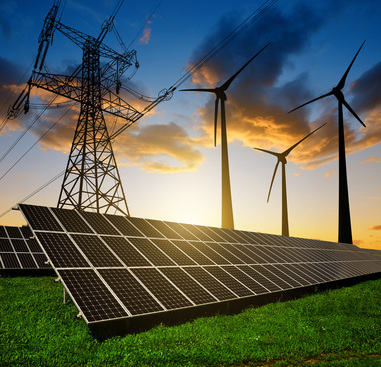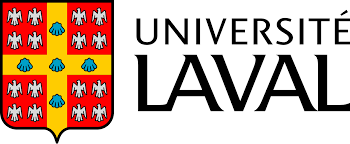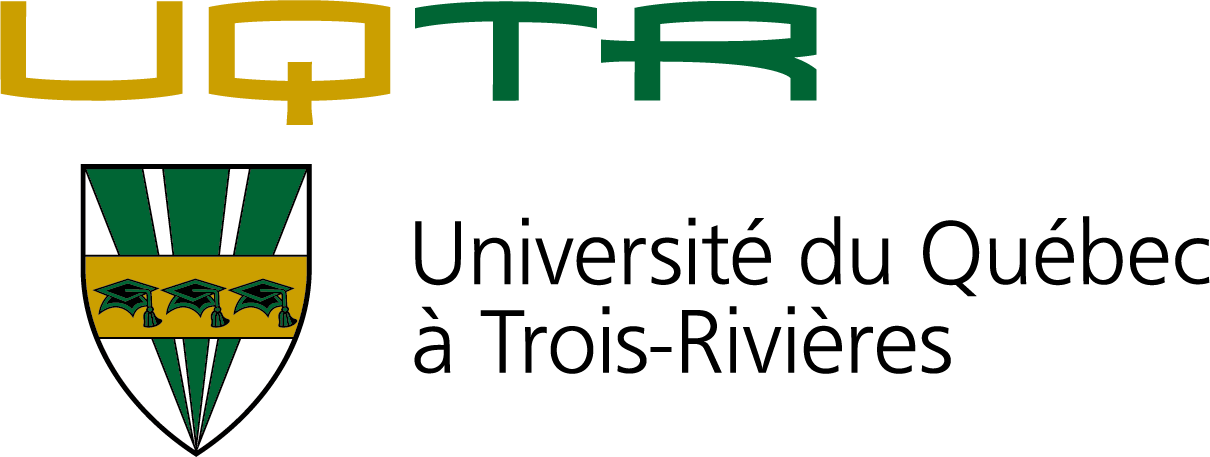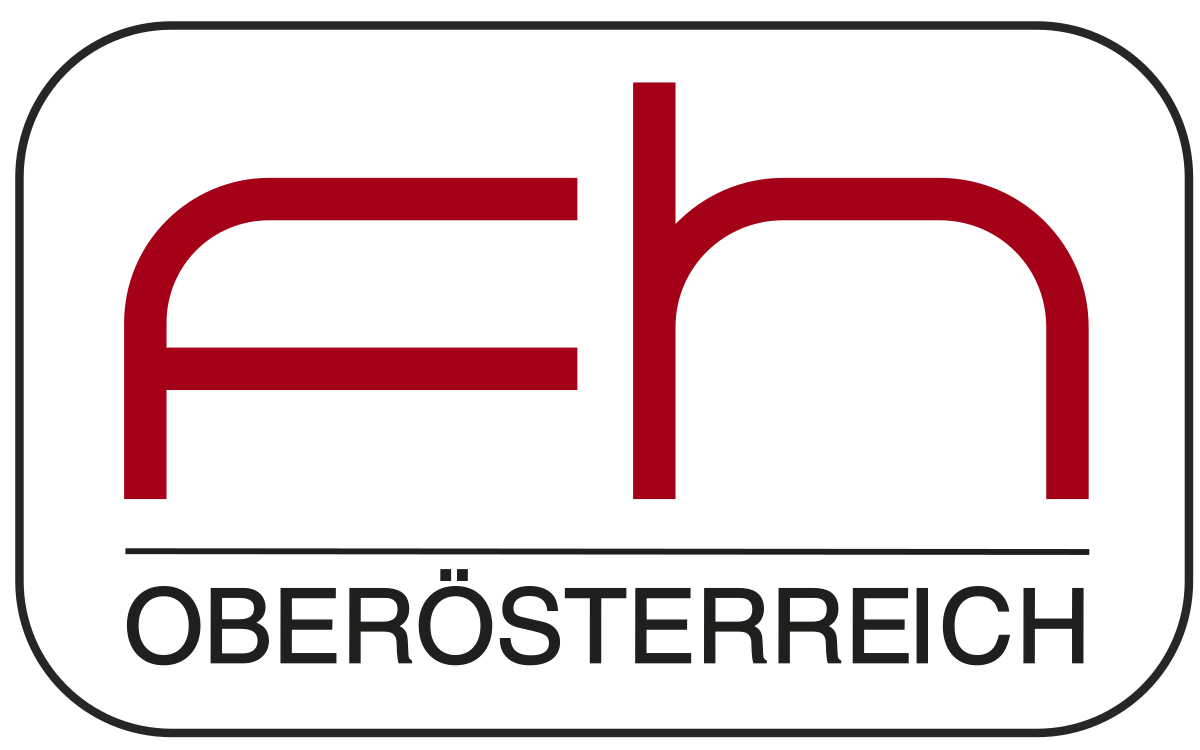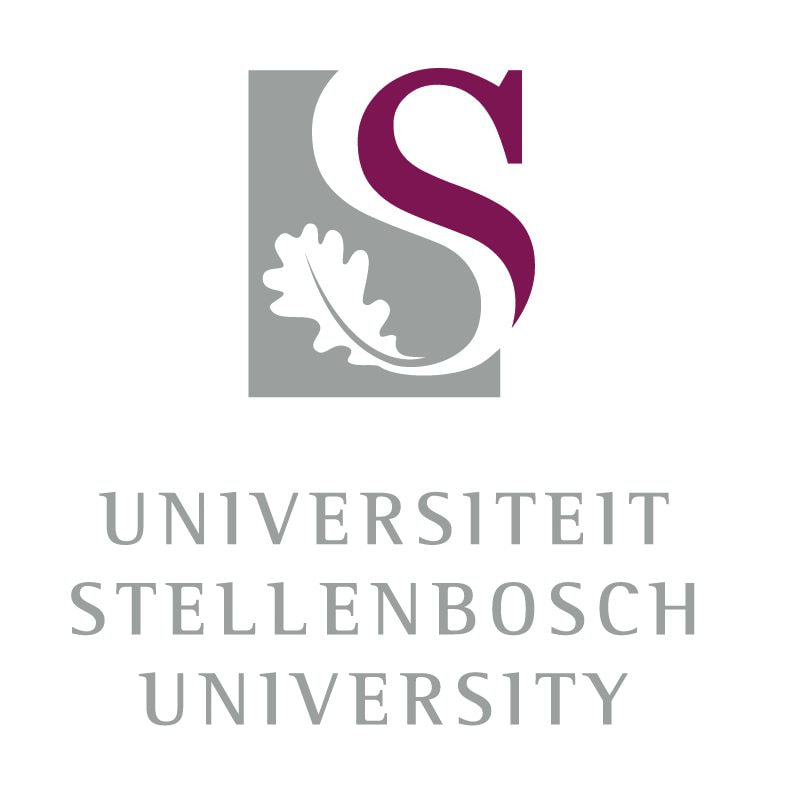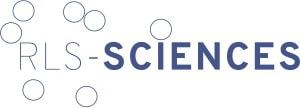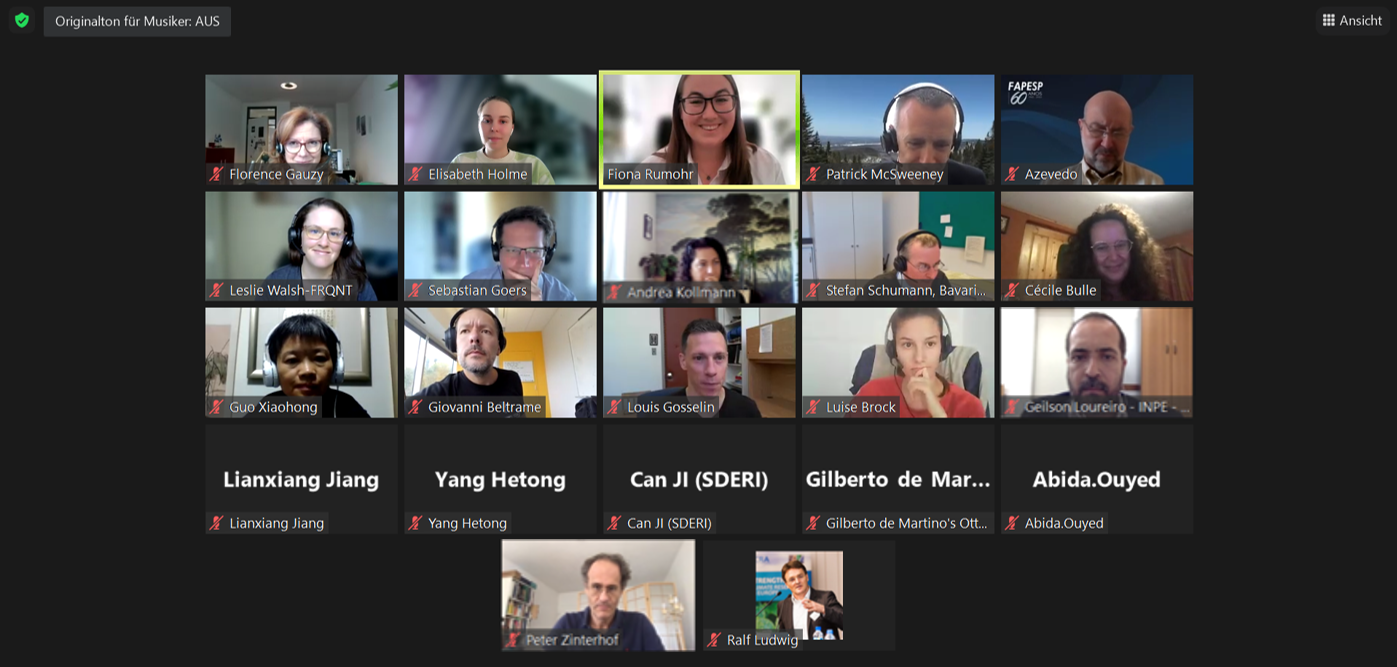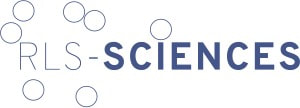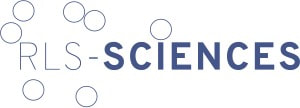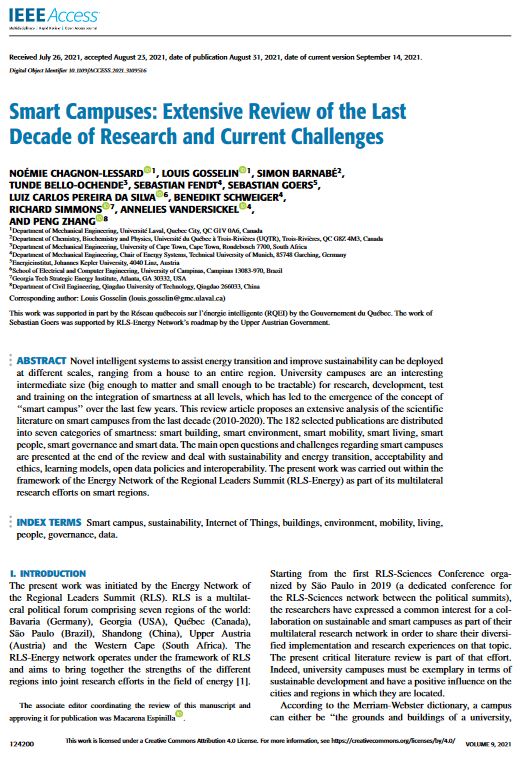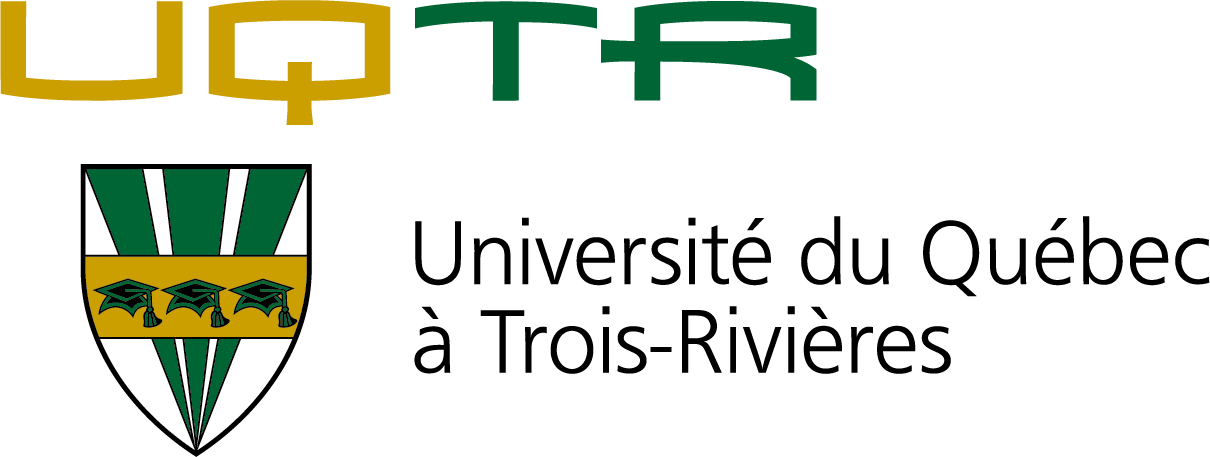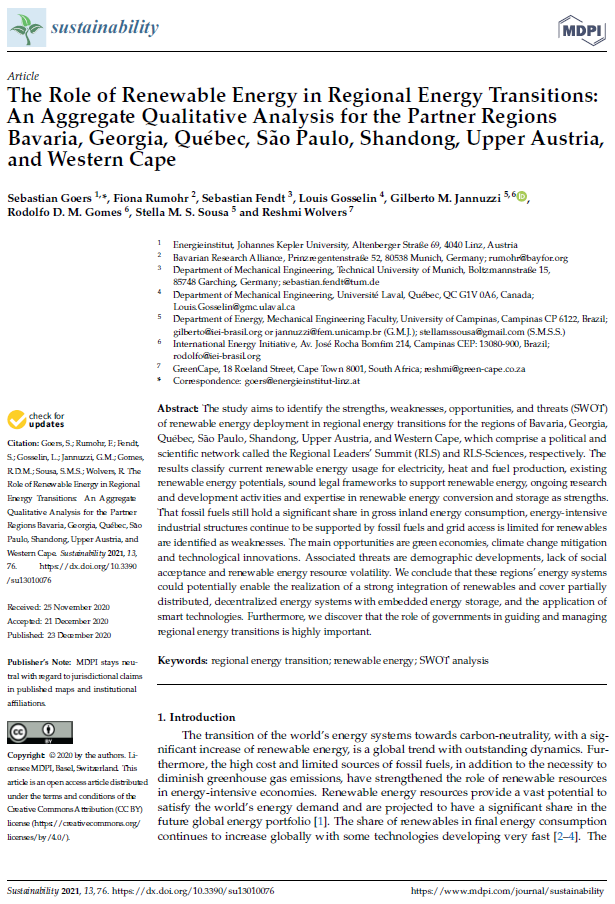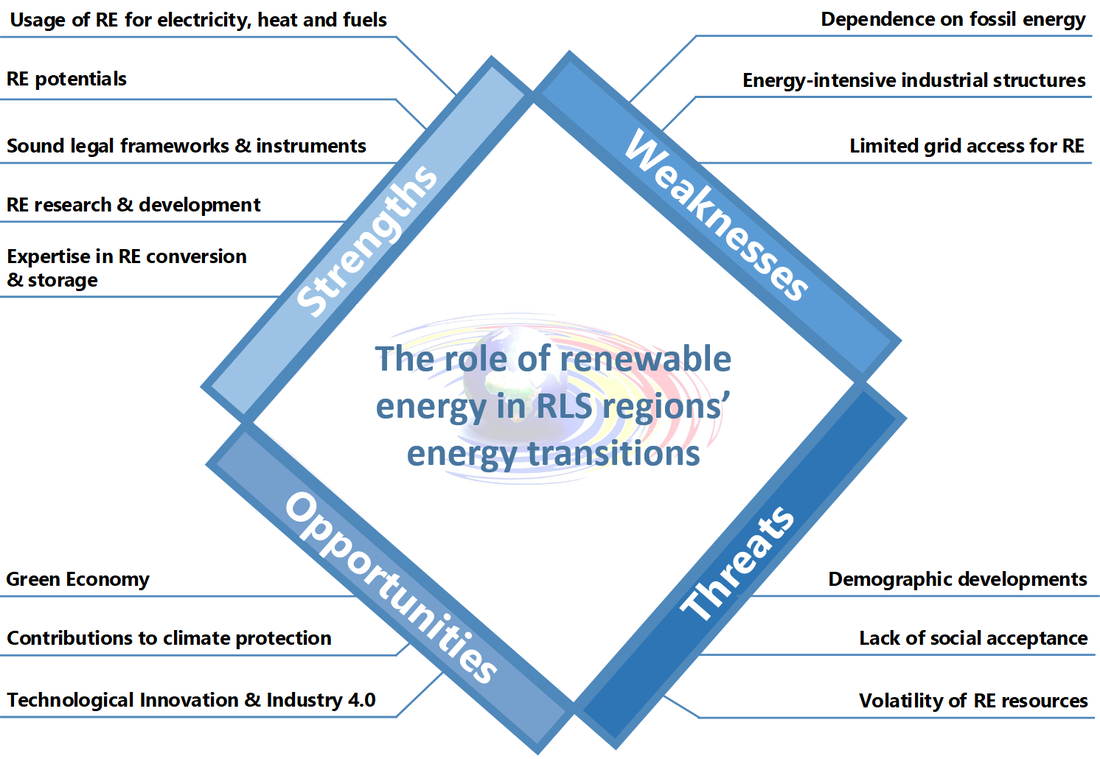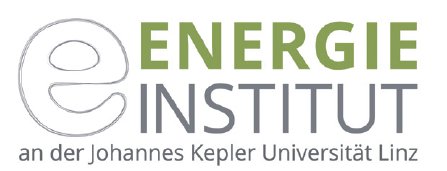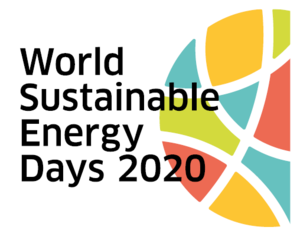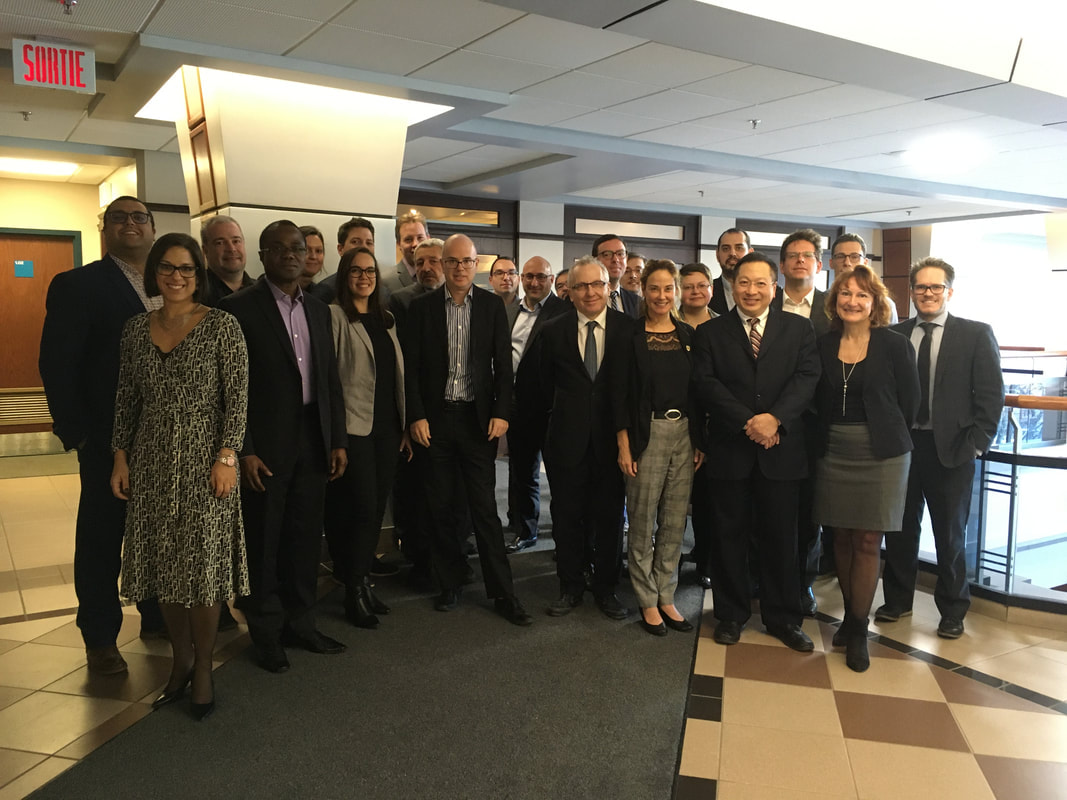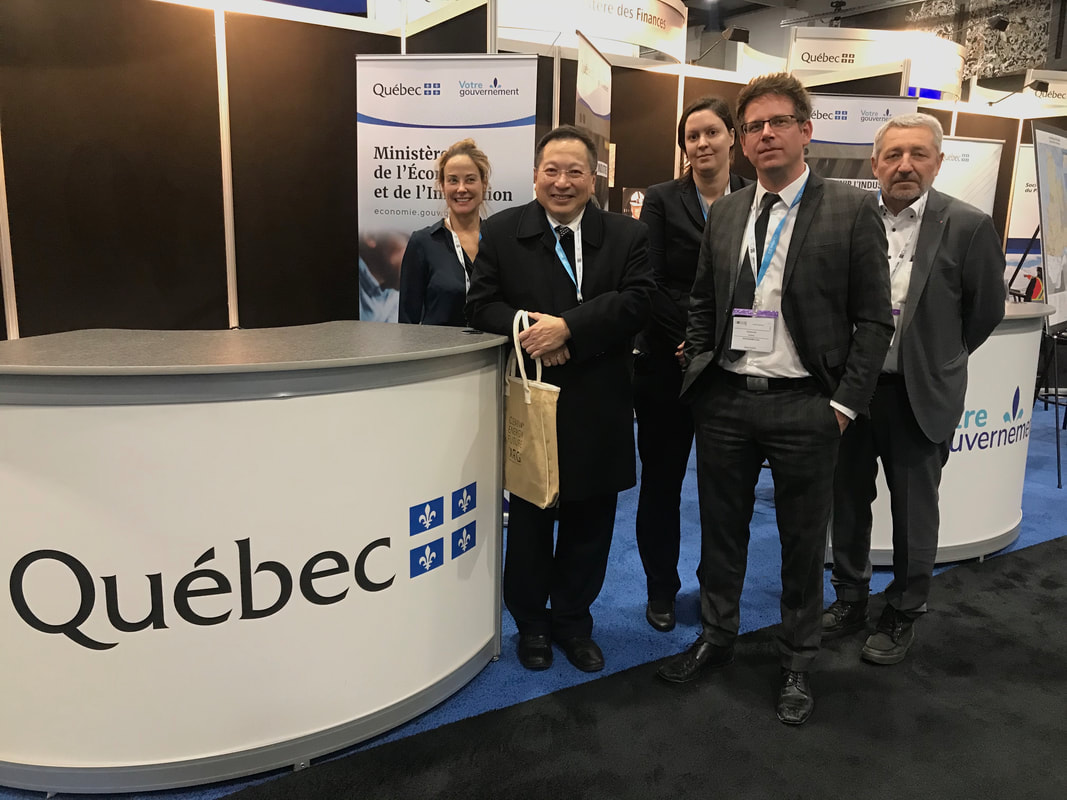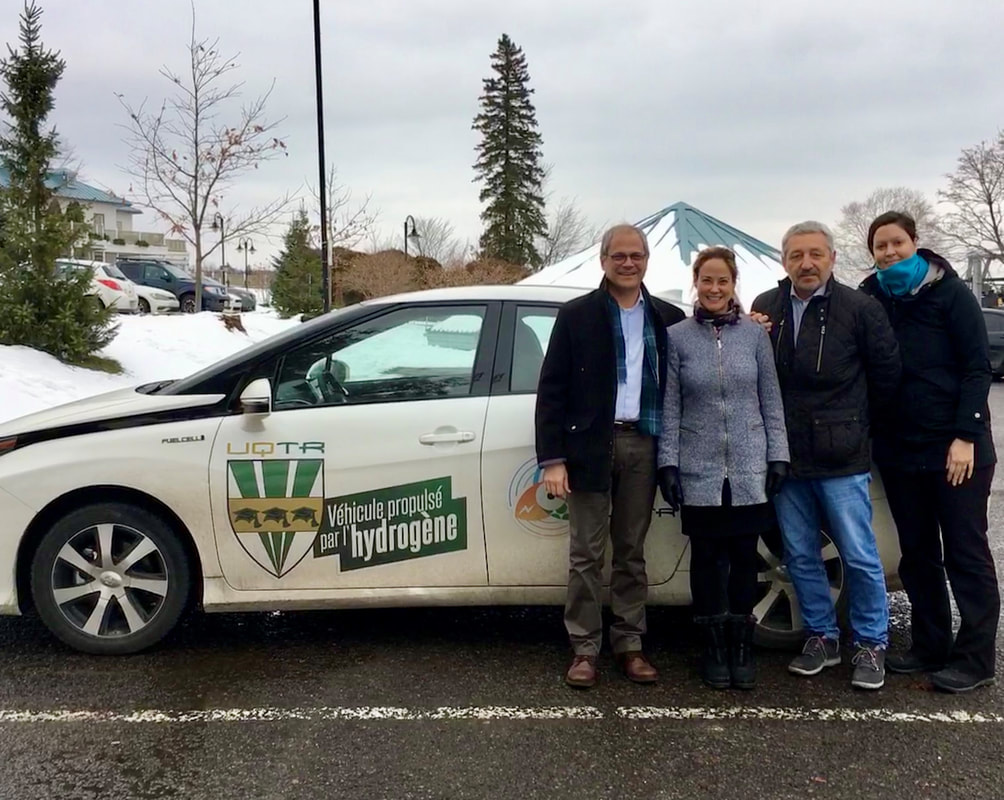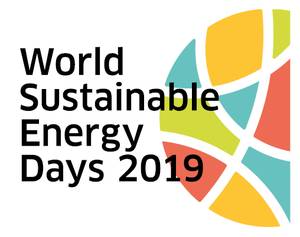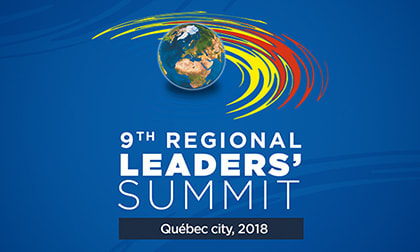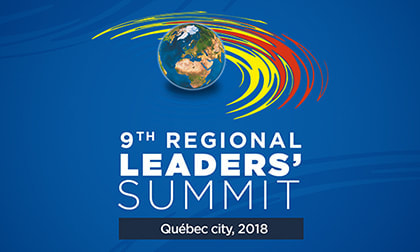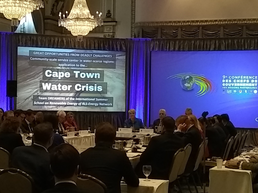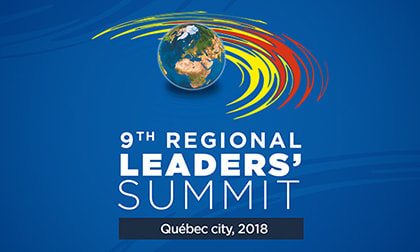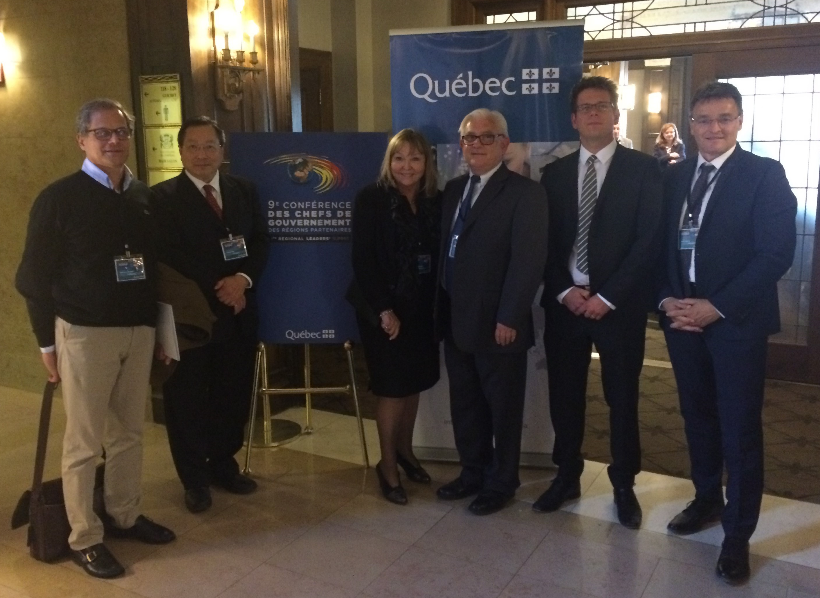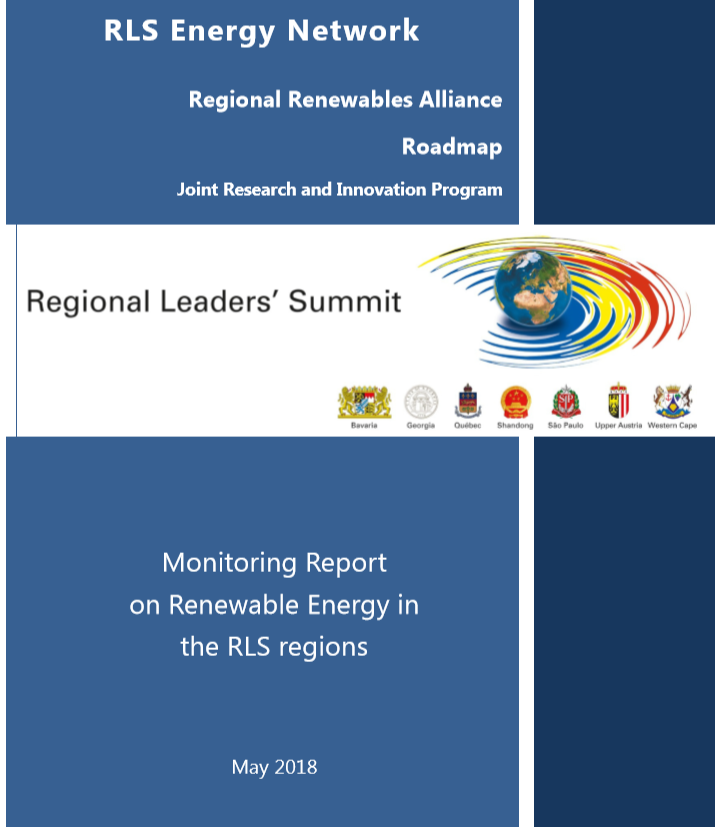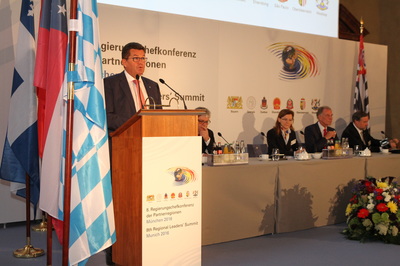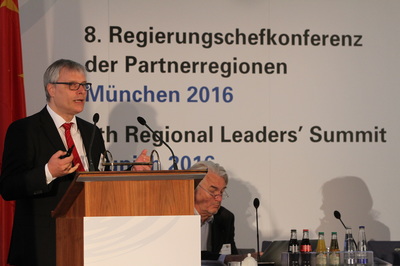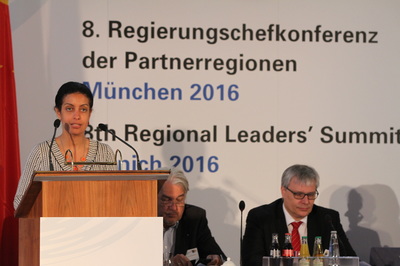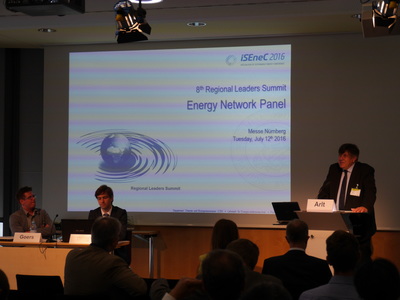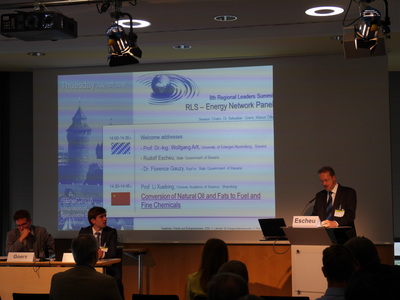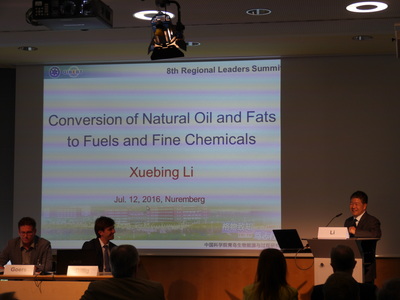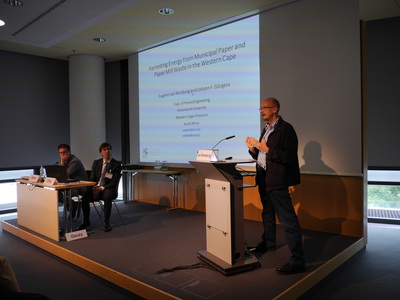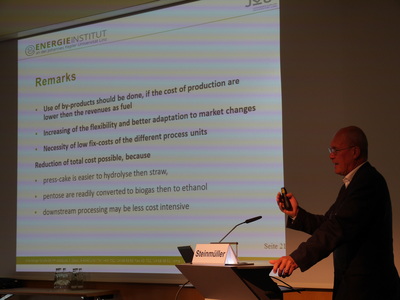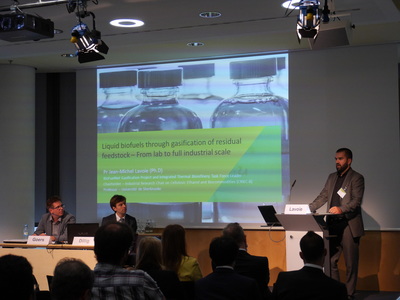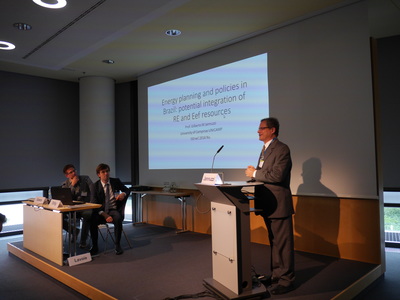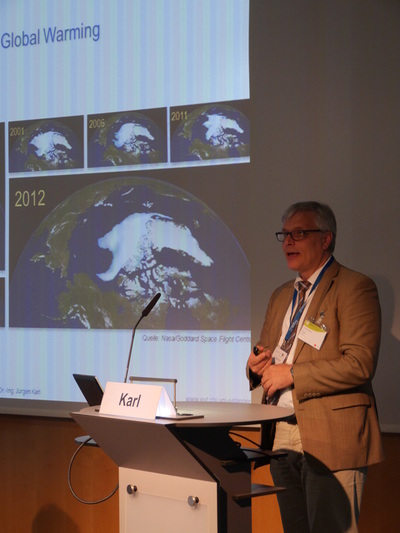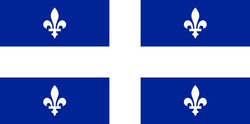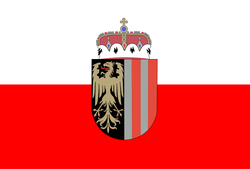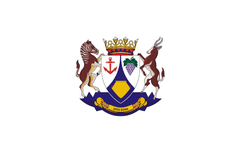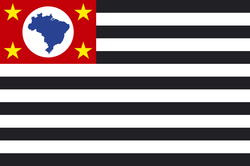About the RLS- Energy Network
The RLS-Energy Network was the pilot RLS-Sciences research group (est. 2013). Comprised of engineers, economists, geographers, and more, the interdisciplinary network focuses on topics around regional energy transitions. Researchers share data and best practices on emerging topics, including renewables, hydrogen, and energy security. The network generates international research projects, joint publications, and technical writings. Regular meetings (virtual and in-person) and student exchanges support networking.
|
The Partners
Partners of the Energy Network include (listed alphabetically by region):
LMU-München (Bavaria)
Chair of Energy Systems at Technische Universität München (Bavaria)
TZ Energie at Hochschule Landshut (Bavaria)
Georgia Centers of Innovation (Georgia)
Réseau québécois sur l'énergie intelligente - RQEI (Québec)
Université Laval (Québec)
Université du Québec à Trois Rivières (Québec)
UNICAMP (São Paulo)
Chinese Academy of Sciences (Shandong)
Energie Institut Johannes Kepler Universität Linz (Upper Austria)
FH Oberösterreich (Upper Austria)
Stellenbosch University (Western Cape)
Click on any partner's logo to learn more. Interested in joining the RLS-Energy Network? Get in touch here.
LMU-München (Bavaria)
Chair of Energy Systems at Technische Universität München (Bavaria)
TZ Energie at Hochschule Landshut (Bavaria)
Georgia Centers of Innovation (Georgia)
Réseau québécois sur l'énergie intelligente - RQEI (Québec)
Université Laval (Québec)
Université du Québec à Trois Rivières (Québec)
UNICAMP (São Paulo)
Chinese Academy of Sciences (Shandong)
Energie Institut Johannes Kepler Universität Linz (Upper Austria)
FH Oberösterreich (Upper Austria)
Stellenbosch University (Western Cape)
Click on any partner's logo to learn more. Interested in joining the RLS-Energy Network? Get in touch here.
News and Updates
RLS-Sciences Digital Week 2024
|
RLS-Sciences Funding Workshop: Spotlight on Québec
|
|
Partners were also taken through a live demonstration of the RLS-Sciences Funding Database, which showcased open calls of interest for the five RLS-Sciences research groups, including multilateral funding opportunities, such as those from Horizon Europe and international cooperation calls from funding agencies like FAPESP and DFG. Bilateral calls such as the BayLAT-FAPESP Workshops for Early Career Researchers were also among those showcased out of the funding database, as well as the new SPRINT mobility call.
|
Drawing on the diverse experiences within the RLS-Energy Network, a panel discussion moderated by RLS-Sciences Vice President São Paulo João Azevedo comprising researchers who have applied for funding with RLS-Sciences partners showcased different models and best practices for combining different funding opportunities. They shared challenges faced including how to manage different deadlines when combining different funding programs for the same project, the need to create linked but independent partner activities for different funding programs, and navigating complex program requirements with many partners. They also shared the value of communicating directly with funding agencies to save time, starting as early as possible, and asking for help – including within the RLS-Sciences network.
Review the programme here.
The workshop recording is available in the RLS-Sciences Resource Library.
Review the programme here.
The workshop recording is available in the RLS-Sciences Resource Library.
2023 RLS-Sciences Digital Week
|
RLS-Sciences Overall Conference 2022
|
New publication from the RLS-Energy Network on smart campuses
|
RLS-Energy Network researcher and RLS-Sciences vice president Prof. Kodjo Agbossou admitted to University of Québec Circle of Excellence
|
RLS-Energy Network partner institute Technology Center Energy wins cross-border cooperation award
|
RLS-Energy Network at the RLS-Sciences Online Conference 2021
On Tuesday, 15 June, the RLS-Energy Network met as part of the RLS-Sciences Online Conference 2021 to exchange on ‘’Energy Modelling and Systems’’. The collection, curation, and analysis of data has long been a key topic for the Energy Network, making the connection between the Tuesday session and the overall conference theme of "Data as a Resource for the Regions" a natural fit. Experts from Bavaria, Georgia, Québec, São Paulo, Shandong, and Upper Austria provided “impulse presentations” on issues ranging from big data analysis for climate change and energy transitions to smart grids and new energy sources like hydrogen through to regional modelling with life cycle analysis tools and biofuels as well as macro and socioeconomic indicators. In a second part, the participants exchanged on the first steps to build a joint vision on a “data marketplace”. Such a marketplace would facilitate interdisciplinary exchange of data to build more comprehensive models and offer the opportunity for researchers to investigate questions in a more comprehensive way, through access to data that is created or held by other disciplines than their own. This work builds upon the SWOT Analysis and the Monitoring Report.
Read a summary of the RLS-Sciences Online Conference 2021 here. |
New publication: The Role of Renewable Energy in Regional Energy Transitions
|
|
As mandated by the RLS Heads of Government in 2018 in Québec, the RLS-Energy Network is working on identifying best practices for regional energy transitions. The publication builds on the existing work of the Energy Network, including the 2018 Monitoring Report which aggregated key data on renewable energy in the regions, as well as the SWOT Analysis Technical Report, which was completed in 2020. Throughout the evolution of the work, key connections have been maintained with the political level of RLS-Sciences.
|
The Monitoring Report was presented to the Heads of Government at the 9th Regional Leaders Summit in Québec, and a summary of the SWOT Analysis Technical Report was presented at the RLS Virtual Symposium on COVID-19. The publication in Sustainability is in continuity with these efforts, as it includes recommendations for policy makers.
Read the paper here (PDF) or here (online version).
Read the SWOT Analysis Technical Report here (PDF).
Read the paper here (PDF) or here (online version).
Read the SWOT Analysis Technical Report here (PDF).
RLS-Energy Network at the 2020 Forum Econogy
|
WSED 2020: Young Energy Researchers Conference
|
|
There are also two awards given at the Young Energy Researchers’ Conference: one for energy efficiency research and one for biomass research. Noémie Chagnon-Lessard from Université Laval, won the Best Young Energy Efficiency Researcher Award. The award has a prize of 1000 EUR and is chosen by the scientific committee. Learn more about her research in her conference article or by reviewing her presentation. |
|
Review the work of the RLS-Energy Network young researchers by clicking on their name(s) below.
RLS-Energy Network meets in Québec for workshop with RQEI
|
RLS-Energy Network at the 2019 RLS-Sciences Conference
|
|
The Energy Network met at the 2019 RLS-Sciences Conference in São José dos Campos. The group exchanged on a variety of interlinking topics, including climate change and energy, biofuels, smart energy grids and storage, and energy efficiency. These exchanges also addressed topics such as interdisciplinarity in research, and the social acceptance of new energy technologies. The group also discussed the progress of their Joint Roadmap, including the status of the SWOT analysis of the energy transition in the regions and a feedback round on the pilot matchmaking database for researchers on solar energy. The group will continue to progress along the Joint Roadmap, and is looking to develop joint project proposals in the coming months.
Learn more about the RLS-Energy Network here. |
|
Young Energy Researchers Conference
|
|
Presentations:
Biomethanation of tannery sludge: Optimisation of initial pH and temperature and evaluation of kinetics (Mpofu et al.) Associated conference paper available here. Design and Economics of an Advanced Biomass Processing Depot: Case Study in Southern Quebec (Lemire) Associated conference paper available here. Posters: Used lithium ion battery: State of health data for its second life (Sighart, Singh, Poisl, Pettinger) Piping renewable energy: Utilizing methanogen and organic waste (Bauer and Mock) |
|
Previous Events
RLS-Energy Network presentation at the 9th RLS ConferenceOn Friday, 18 May, 2018 , Dr. Sebastian Goers presented on the topic of renewable energy in the RLS regions to the Regional Leaders Summit Conference at the Château Frontenac in Québec. This was part of the RLS-Sciences presentation segment of the conference. The presentation offered an overview of the recently published first Monitoring Report of the RLS-Energy Network.
Review the RLS-Energy Network presentation here, and review the Monitoring Report here. |
RLS-Energy Network presentation to Heads of Government at the 9th RLS Conference
The RLS-Energy Network was presented to the RLS Heads of Government as part of the political programme. This presentation showcased the strengths of the RLS regions in renewable energy developments and research via a short video, which can be viewed below. Energy Network researcher Dr. Sebastian Goers then gave a presentation outlining one of the network’s latest outputs, the RRA Monitoring Report. This allowed the heads of government to have an overview of the current state of renewables across the RLS regions, which is key information for policy creation.
|
RLS-Energy Network Workshop at the 9th RLS Conference
Review the presentations:
IREQ: Setting New Sights With Our Clean and Renewable Energy (Ahmed Daoud, Québec) CIRAIG: Supporting a successful energy transition (Sophie Fallaha, Pierre-Olivier Roy, Quebec) The BELT Biorefinery Project: The first Canadian renewable fuels biorefinery challenges and solutions (Patrice Mangin, Québec) TEQ: Québec's journey toward energy transition (Mathieu Payeur, Québec) Research on Power-to-X Concepts (Robert Tichler, Upper Austria) Monitoring on Renewable Energy in the RLS regions (Sebastian Goers, Upper Austria) Shandong Renewable Energy Outlook: Low Carbon Initiatives (Keng H. Chung, Shandong) ClimEx: The sensitive interface of climate change and energy systems- perspectives from the ClimEx-initiative (Alain Bourque, Québec, Ralf Ludwig, Bavaria, Anton Frank, Bavaria) |
Inaugural RLS-Energy Network Summer School 2018
Ahead of the 9th RLS, the RLS-Energy Network co-organized its first ever summer school with the Université du Québec à Trois Rivières and the Fonds de recherché du Québec. The summer school was hosted in Shawinigan and Québec from 9 May until 18 May. Students from across the RLS regions collaborated on joint project proposals throughout the course of the summer school, which culminated in several presentations during the 9th RLS Conference. Read more about the summer school here.
|
Regional Renewables Alliance releases first Monitoring Report
The Regional Renewables Alliance (RRA) has published its first Monitoring Report ahead of the 9th Regional Leaders Summit in Québec. The report gives a preliminary overview of the renewable energy capacities across the seven RLS partner regions, based on existing data. It also describes ongoing research and development activities in renewable energy, as well as socioeconomic and geographic contexts of the regions. The report was prepared under the coordination of the Energieinstitut at the Johannes Kepler University of Linz.
Review the Monitoring Report here. |
Inaugural RLS-Energy Network Summer School announcedThe RLS-Energy Network is pleased to announce the inaugural international summer school on renewable energy from May 9 to 18, 2018, in Shawinigan City and Québec City (QC, Canada). The Summer School is jointly organized by the RLS-Energy Network, the Fonds de recherche du Québec – Nature et technologies (FRQNT) and the Université du Québec à Trois-Rivières (UQTR). Researchers and coordinators from each RLS region are invited to nominate students to attend.
Find more information here, or on the Summer School page from FRQNT here. Researchers or students from São Paulo may find additional information on funding for students to attend the school via FAPESP here. |
RLS Energy Network at WindAc Africa 2017
The paper “The regional roles and benefits of wind power – a monitoring process for the partner regions Bavaria, Georgia, Upper Austria, Québec, São Paulo, Shandong and Western Cape” was presented at the wind power conference WindAc Africa 2017 in Cape Town, in the session “Global Outlook” on 15 November. The report was generated in cooperation with RLS scientists from different institutions from Shandong (Chinese Academy of Sciences, Shandong University), Upper Austria (Energy Institute at the Johannes Kepler University Linz) and the Western Cape (Stellenbosch University) and presents wind power highlights, objectives, statistics, trends and research activities of selected RLS regions compiled during a monitoring process of the RLS Energy Network’s roadmap.
Review the presentation here. |
RLS-Energy Network meets in MontréalThe RLS-Energy network met in Montréal from 9-10 April, 2017. Researchers and representatives from each RLS region were in attendance, and new members were welcomed. On 10 April, Québec Minister for Natural Resources Pierre Arcand, attended the meeting and spoke to the group.
|
RLS-Energy Network presentation at the 8th RLS Conference
On Friday, 15 July, 2016 , Prof. Dr. Jürgen Karl, the Bavarian coordinator of the RLS-Energy Network, presented on the energy challenges of the future, and the next steps for collaboration within the Energy Network to the Regional Leaders Summit Conference at the Residenz in Munich. This was part of the RLS-Sciences presentation segment of the conference. Bavarian State Secretary for the Ministry of Economy and Media, Energy and Technology, Franz Josef Pschierer gave the welcoming address. Québec Minister for Economy, Science and Innovation and Minister Responsible for the Digital Strategy Dominique Anglade gave the closing remarks.
Review the RLS-Energy Network presentation here. |
RLS-Energy Network Panel at iSEneC 2016
The Integration of Sustainable Energy Conference was held from 11 to 12 July, 2016 in Nuremberg, Germany. As part of the conference, the RLS- Energy Network held a panel from 14:00 - 16:00 on 12 July. Senior researchers from across the RLS regions offered presentations on innovative renewable energy research and regional perspectives on energy policy.
|
Energy Network hosted for internal workshop in Upper Austria
|
Energy Network meets in Cape Town
|
Energy Network established
The Energy Network was initiated as a follow-up to the Regional Leaders Summit (RLS) meeting in São Paulo in 2012. The representatives of São Paulo have been playing a leading role in the creation of this network. Soon afterwards, it was agreed amongst the participants that renewable sources of energy are a crucial issue that require extensive research. Due to their unique geographical composition over five continents, and also in accordance with their research profiles, the partner regions have strong potential in this field. Together they can cover the all aspects of energy, from production, to usage and monitoring, to efficiency strategies. The RLS network is used as a means to bring together complementary strengths in energy research to be shared and further developed in a joint effort.
|
